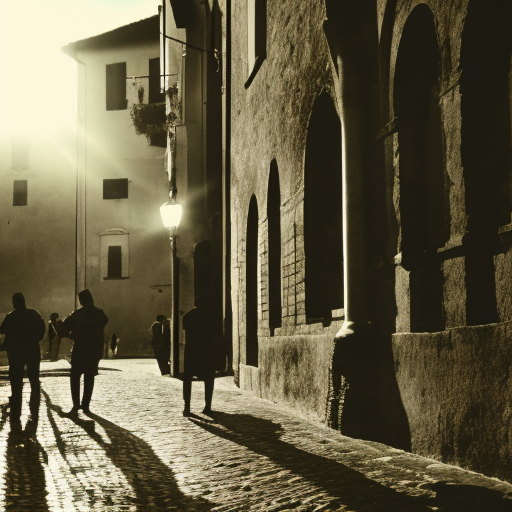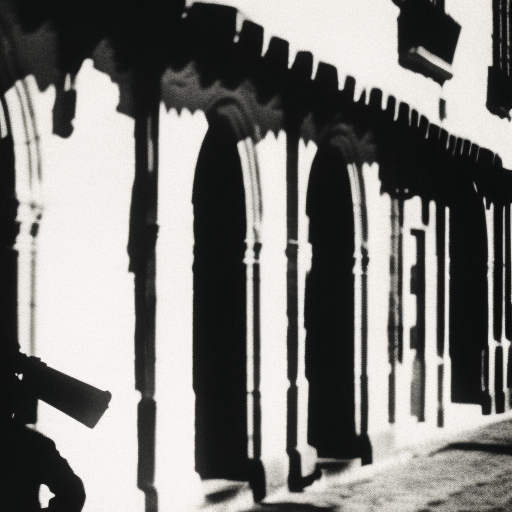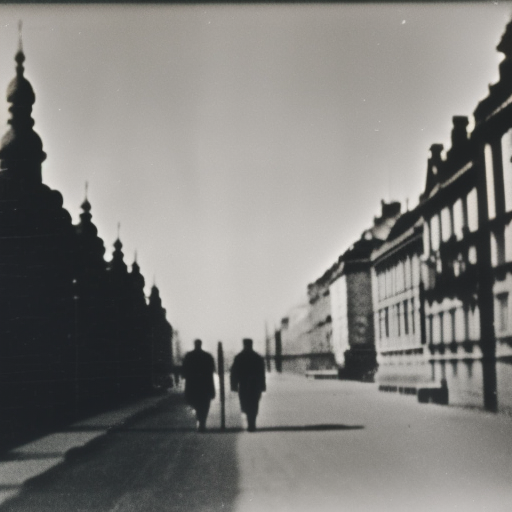The Normans in Italy: A Summary
The Normans, a group of Viking descendants from Normandy, France, played a significant role in the history of Italy during the 11th and 12th centuries. Led by their ambitious leaders, the Normans embarked on a series of conquests in southern Italy and Sicily, establishing their own kingdoms and leaving a lasting impact on the region.
The Early Norman Conquests
The Norman conquest of Italy began in the 11th century when a group of Normans, led by the brothers Robert Guiscard and Roger I, arrived in southern Italy. They initially offered their services as mercenaries to local Lombard princes, but soon began to expand their territories through military campaigns.
One of the first major conquests was the capture of Apulia in 1043. The Normans defeated the Byzantine Empire and established the County of Apulia, which became the foundation of their future kingdom. Over the next few decades, the Normans continued their conquests, capturing Calabria, Sicily, and parts of Campania.
The Kingdom of Sicily
In 1130, Roger II, the grandson of Roger I, established the Kingdom of Sicily. This marked the pinnacle of Norman power in Italy. Roger II was a skilled ruler who promoted cultural and religious tolerance, attracting scholars and artists from different backgrounds to his court.
Under Roger II and his successors, the Kingdom of Sicily became a prosperous and cosmopolitan state. It blended Norman, Byzantine, Arab, and Italian influences, creating a unique cultural and architectural heritage. The Norman kings also established a centralized administration and promoted trade, making Sicily a significant economic power in the Mediterranean.
The Impact of the Normans
The Norman presence in Italy had a profound impact on the region. They brought stability and order to areas that had been plagued by conflict and invasions for centuries. The Normans also introduced feudalism, a system of land ownership and governance that shaped the social and political structures of southern Italy.
Furthermore, the Normans played a crucial role in the spread of Christianity. They actively supported the Catholic Church and participated in the Crusades, earning the favor of the papacy. The Normans also encouraged the construction of numerous churches, monasteries, and cathedrals, many of which still stand today as architectural masterpieces.
The Decline of Norman Power
Despite their initial successes, the Norman kingdoms in Italy faced challenges in the 12th century. Internal conflicts, succession disputes, and external threats weakened their hold on power. The death of William II, the last Norman king of Sicily, in 1189 marked the end of Norman rule in Italy.
The Normans were succeeded by the Hohenstaufen dynasty, who inherited the Kingdom of Sicily. However, the legacy of the Normans lived on. The Hohenstaufen rulers continued many of the Norman policies and traditions, maintaining the multicultural character of the kingdom.
Conclusion
The Normans in Italy left an indelible mark on the region’s history. Their conquests and establishment of kingdoms brought stability and prosperity to southern Italy and Sicily. The blending of Norman, Byzantine, Arab, and Italian cultures created a unique and vibrant society. The Normans’ contributions to architecture, governance, and the spread of Christianity continue to be celebrated today. Despite their eventual decline, the Normans’ legacy in Italy remains a testament to their ambition and enduring influence.












